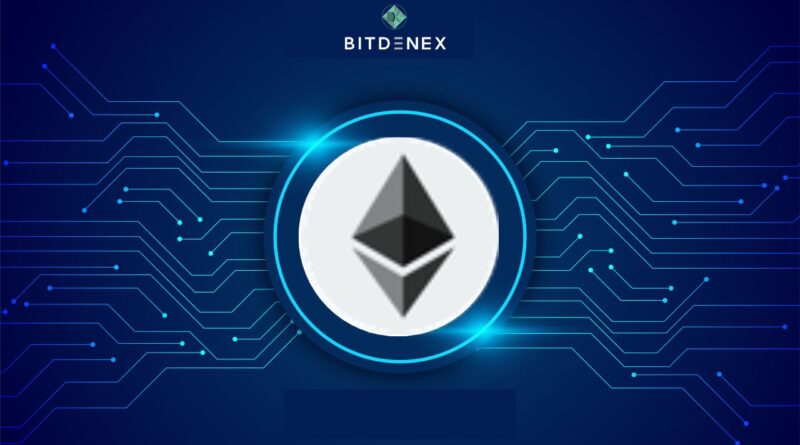The Ethereum core developers launch a campaign to raise the gas limit through ‘pump the gas’
The developers estimate that increasing the gas limit to 40 million will reduce Ethereum’s layer-1 transaction fees by around 15 to 33%. Ethereum developers have proposed a new initiative to increase the blockchain network’s long-static gas cap, claiming that the adjustment will help grow Ethereum. On March 20, core Ethereum engineer Eric Connor and former head of smart contracts at MakerDAO Mariano Conti launched a new website dubbed ‘pump the gas’ to increase the Ethereum gas cap from 30 million to 40 million, claiming it will cut transaction costs on layer 1.
The #pumpthegas hashtag has already begun to acquire traction among Ethereum users, stakeholders, and DeFi investors on X. Conti further noted that on March 20, a Rocket Pool validator requested a block with a gas cap of 40 million.
The call to increase the Ethereum gas limit has gathered traction in recent months. In January, Ethereum co-founder Vitalik Buterin proposed raising the gas limit from 30 million, where it has been since August 2021, to 40 million. Jesse Pollak, a Base contributor, responded that he was “strongly in support” of extending the Ethereum gas limit to 40 or 45 million. “We have the network headroom and it will benefit all parties,” he went on to say.
The website said that each activity has a fixed gas cost, and contracts have a gas limit that cannot be exceeded during execution. This keeps malicious contracts from overwhelming the network with infinite loops or excessive resource consumption.
“Raising the gas block limit 33% gives Layer 1 Ethereum the ability to process 33% more transaction load in a day,” the statement said. It also said that data blobs, which were introduced in the Dencun upgrade with EIP-4844, can significantly lower layer-2 transaction prices but not layer-1 fees. “A combination of blobs and gas limit increase can help scale both L1 and L2 Ethereum,” it went on to say.
However, not everyone is in favour of this network change. Evan Van Ness, a venture investor and Ethereum backer, stated, “I am not in favour of According to the website, each operation has a fixed gas cost, and contracts include a gas limit that cannot be exceeded during execution. This prevents malicious contracts from overloading the network with endless cycles or excessive resource consumption. “Raising the gas block limit 33% gives Layer 1 Ethereum the ability to process 33% more transaction load in a day,” the statement went on to say.
It also stated that data blobs, introduced in the Dencun upgrade with EIP-4844, can drastically reduce layer-2 transaction pricing but not layer-1 expenses. “A combination of blobs and gas limit increase can help scale both L1 and L2 Ethereum,” the statement went on to state. However, not everyone is in favour of the network modification.
Buy and sell crypto in minutes with 0.20% trading fees at Bitdenex Exchange.

